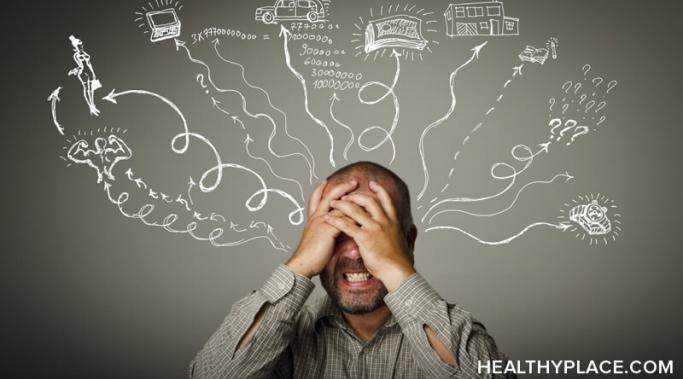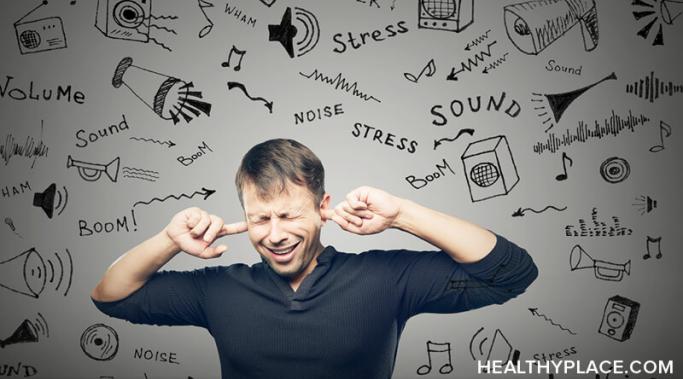How is perfectionism related to anxiety? If you cope with chronic anxiety, do you find that you often have fears of failure and inadequacy? Do you find that you often feel as though what you do is not good enough and that you are constantly trying to live up to certain standards?
Anxiety Treatment – Treating Anxiety
Anxiety from change occurs often, but it can be even more challenging to cope with when you deal with chronic anxiety. Just recently, I started a new endeavor. Since I have become very mindful of my anxiety, I have also become aware of when my anxiety symptoms worsen and it becomes difficult for me to function. This is something I noticed when I started this new undertaking. I began having a hard time sleeping, and my stomach was constantly in knots. I had panic attacks and I was feeling emotionally exhausted. I have noticed this anxiety often happens when I try something new.
Does exercise help you cope with anxiety? You've heard it before. You've been told to exercise to help your anxiety. But how are you supposed to do that when you have a million things on your mind? You don't get much sleep, you are often moody, and you can't seem to concentrate on anything. Exercise is the last thing you are thinking about and the last thing you want to do.
Have you found that you have often lost sleep due to worry and anxiety?
Treating anxiety and suicidality may not be something you think about, but anxiety is a heterogeneous disorder, encompassing a wide array of symptoms and consequently requiring distinct treatments. Although people often think of depression being involved in suicide, fewer realize that different types of anxiety contribute to suicide as well. Social anxiety, emotional dysregulation, and distress intolerance are associated with suicidal thoughts in adolescents. Panic disorder also increases the risk of suicide and is associated with higher levels of impulsivity, depression, and hopelessness. Higher suicide risk has also been demonstrated in individuals with OCD.
I use meditation to relax and help me cope with anxious thoughts. I often use cognitive behavioral techniques to challenge my anxious thoughts, and while they are very helpful, sometimes challenging my anxious thoughts cognitively is not enough. When this happens, I like to turn to non-judgmental meditation to relax through my anxiety. Unlike cognitive techniques, non-judgment meditation isn't used to directly challenge the validity of anxious thoughts. Instead, it allows you to acknowledge that your anxious thoughts are no different than other, less stressful thoughts, and consequently that they are not true and can be let go of. Here are the steps I use for meditation to relax through anxious thoughts.
Sensory overload anxiety can be a real problem for highly sensitive people (HSP). While not all highly sensitive people face intense anxiety, it’s common for highly sensitive people to experience sensory overload anxiety from common, everyday occurrences. But with the right anxiety coping skills, we can better prepare and cope with the challenges of living as a highly sensitive person with anxiety.
Anxiety relief exercises often draw your attention to the anxiety itself. But this one uses your body as a resource to calm anxiety (Ignore Anxiety–Pay Attention to What Anxiety Is Not). Your body is one of the most important resources you can use to treat anxiety. What does it really mean to use the body as a resource? Learn more and try this anxiety relief exercise.
Mindful eating habits are one of the simplest ways we can reduce anxiety. Food is one of the most fundamental ways we nourish our physical and mental health. But it’s not just what we eat, but how we prepare and consume our food. Given that we eat daily, mealtime is the perfect opportunity to practice mindfulness tools that can help ease anxiety.
Online therapy for anxiety can help relieve the stress of searching for a therapist. When you’re in an anxious state, finding a good therapist can feel daunting. If you find someone, it may take weeks for an appointment. Many are turning towards the convenience of online therapy. And for people with anxiety, there are particular aspects of online therapy that can be helpful.









